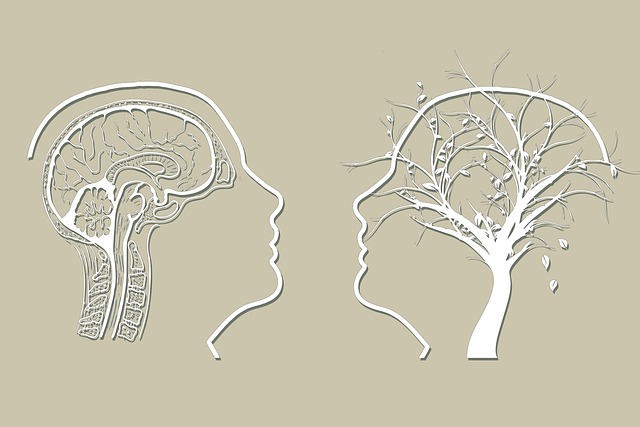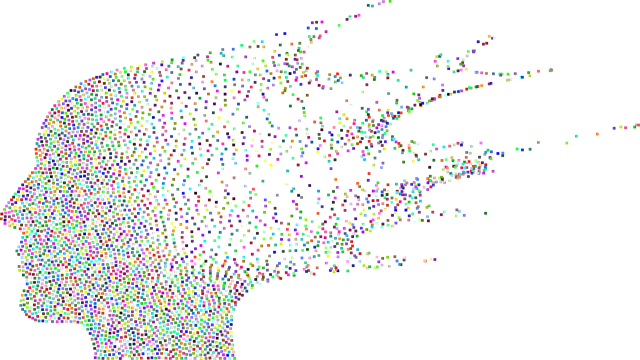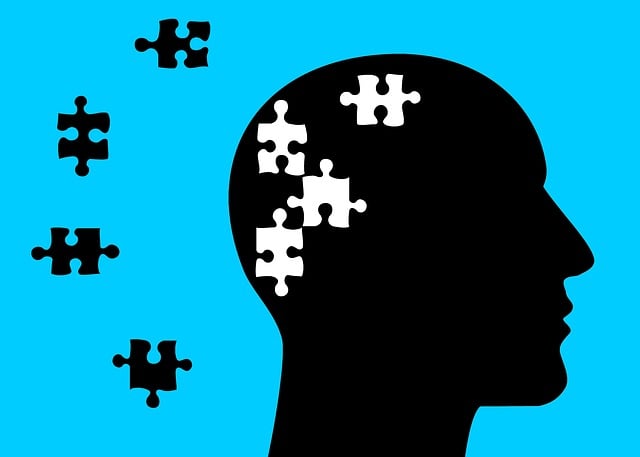Westminster Stress Management Therapy (WSMT) emphasizes the vital link between social skills and mental health, addressing a commonly overlooked aspect in traditional therapy. By focusing on emotional intelligence and healthy interactions, WSMT helps individuals with anxiety, depression, and other conditions overcome isolation and worsen symptoms. Through specialized training, communication strategies, and mindfulness techniques, clients gain confidence in social situations, improve relationships, and build supportive networks. This holistic approach complements traditional therapy, leading to better stress management, improved mental health outcomes, and enhanced overall well-being. WSMT's interactive workshops have proven effective across various settings, offering tailored coping skills for immediate relief and long-term self-care routine establishment.
Social skills training is a powerful tool for managing mental health conditions, offering a unique approach to enhancing well-being. This article explores the intricate link between social abilities and mental health, highlighting how Westminster Stress Management Therapy (WSMT) leverages these skills for effective treatment. We delve into the challenges faced by individuals with mental health issues in social interactions and present practical strategies WSMT uses to improve outcomes. Real-world success stories demonstrate its impact on fostering connections and transforming lives.
- Understanding the Link Between Social Skills and Mental Health
- Benefits of Social Skills Training for Westminster Stress Management Therapy
- Identifying Challenges in Social Interactions for Individuals with Mental Health Conditions
- Practical Strategies for Enhancing Social Skills Through Therapy
- Real-World Applications and Success Stories: Westminster Stress Management Therapy in Action
Understanding the Link Between Social Skills and Mental Health

The connection between social skills and mental health is a crucial aspect often overlooked in traditional therapy settings. Many mental health conditions can significantly impact an individual’s ability to interact socially, leading to feelings of isolation and exacerbating existing symptoms. For instance, anxiety disorders may cause individuals to avoid social situations, while depression might make it challenging to initiate or maintain conversations. At Westminster Stress Management Therapy, we recognize that addressing these social skills is integral to comprehensive mental well-being.
Developing emotional intelligence and cultivating healthy social interactions are essential components of self-care routine development for better mental health. By learning effective communication strategies, individuals can navigate relationships more confidently, fostering a sense of belonging and reducing the impact of social stressors. Moreover, improved social skills can enhance one’s ability to seek support, manage conflicts, and build a strong support network—all vital aspects in managing and overcoming various mental health challenges.
Benefits of Social Skills Training for Westminster Stress Management Therapy

Social Skills Training plays a pivotal role in Westminster Stress Management Therapy, offering numerous benefits for individuals navigating mental health conditions. By participating in such programs, clients gain invaluable tools to enhance their interpersonal interactions and overall well-being. Through structured activities and guided practice, these training sessions foster better communication, empathy, and conflict resolution skills, which are essential aspects of managing stress and anxiety in social settings.
Designed with a focus on mental health education, these programs teach self-care practices and emotional regulation techniques that empower individuals to navigate social situations confidently. By learning effective social skills, clients can improve their support networks, reduce feelings of isolation, and better manage the challenges associated with their conditions. This holistic approach not only complements traditional therapy but also equips individuals with practical strategies for long-term stress mitigation and improved mental health outcomes.
Identifying Challenges in Social Interactions for Individuals with Mental Health Conditions

Individuals with mental health conditions often face unique challenges when it comes to social interactions due to the nature and symptoms of their disorders. These challenges can include difficulty initiating or maintaining conversations, understanding social cues, and regulating emotions during social gatherings. For instance, anxiety disorders may cause heightened arousal in social settings, leading to avoidance behaviors. Similarly, individuals with depression might struggle to find the energy or motivation to engage socially, resulting in withdrawal from social activities.
Westminster Stress Management Therapy recognizes these hurdles and offers specialized support through various techniques such as mindfulness meditation and crisis intervention guidance. By learning stress management skills, individuals can better navigate social situations, improve their emotional regulation, and build confidence in interacting with others. These strategies empower people to foster meaningful connections while managing their mental health effectively.
Practical Strategies for Enhancing Social Skills Through Therapy

Social skills training is a powerful tool within Westminster Stress Management Therapy to help individuals with mental health conditions navigate social interactions more confidently. Through structured therapy sessions, clients can learn practical strategies to enhance their social abilities and improve overall well-being. One effective approach involves role-playing scenarios that allow individuals to practice communication techniques, fostering a safe environment for trial and error. This method enables them to build confidence in expressing themselves and interpreting others’ cues.
Additionally, therapy can focus on self-esteem improvement by identifying and challenging negative thought patterns surrounding social situations. By incorporating risk management planning, mental health professionals can equip clients with tools to navigate potentially stressful or overwhelming social gatherings. Communication strategies, such as active listening and non-verbal cue interpretation, are taught to promote better understanding and connection in interpersonal relationships. These tailored interventions empower individuals to engage more effectively in social settings, leading to improved mental health outcomes.
Real-World Applications and Success Stories: Westminster Stress Management Therapy in Action

The Westminster Stress Management Therapy (WSMT) is a prime example of real-world applications that have led to remarkable success stories in mental health treatment. This innovative approach integrates various coping skills development techniques tailored to individual needs, focusing on both short-term stress relief and long-term self-care routine development. Through interactive workshops organized by the WSMT team, participants learn effective strategies to manage daily stressors, fostering improved mental well-being.
The organization’s holistic methodology has proven successful in diverse settings, from corporate environments to educational institutions. Many employees have attested to reduced workplace stress and enhanced productivity after attending their specialized stress management workshops. Similarly, students have reported better academic performance and improved overall mental health following the program, highlighting the WSMT’s potential in fostering resilient coping mechanisms for various demographics.
Social skills training, as demonstrated by the successful applications of Westminster Stress Management Therapy, plays a pivotal role in managing mental health conditions. By addressing challenges in social interactions and providing practical strategies through therapy, individuals can significantly improve their overall well-being. This tailored approach not only enhances their ability to navigate social environments but also fosters meaningful connections, ultimately contributing to a more positive and supportive mental health landscape.














